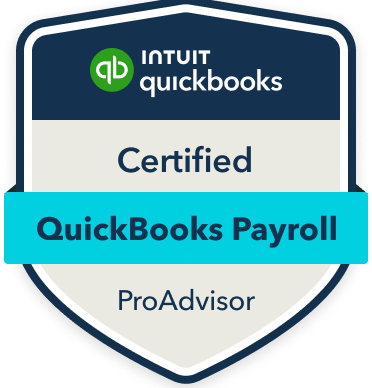How Financial Reporting Can Help with Decision Making
Effective decision-making is vital for the success and growth of any business. Financial reporting plays a crucial role by offering detailed insights into your company’s financial health and performance. In this post, we’ll explore how accurate and detailed financial reports can empower you to make informed, strategic decisions, set realistic goals, and improve operational efficiency.


How Financial Reporting Can Assist in Decision Making
As a business owner, making informed decisions is critical for the success and growth of your business. One of the most reliable tools at your disposal for making these decisions is financial reporting. Accurate and comprehensive financial reports provide insights into various aspects of your business, empowering you to make strategic choices with confidence. Here's how financial reporting can significantly aid in decision-making.
Clear Understanding of Financial Health
Comprehensive Overview
Financial reports, such as balance sheets, income statements, and cash flow statements, give you a detailed overview of your business’s financial condition. These documents highlight your assets, liabilities, revenues, and expenses, offering a clear snapshot of where your business stands financially.
Trend Analysis
By regularly reviewing financial reports, you can identify trends over time. Whether it’s a consistent increase in sales or a gradual rise in expenses, trend analysis enables you to understand the causes behind these patterns and address them proactively.
Informed Strategic Planning
Setting Realistic Goals
Financial reports provide a factual basis for setting achievable business goals. By analyzing past performance, you can set realistic revenue targets, budget constraints, and growth milestones. This helps in crafting strategic plans that are grounded in actual data rather than assumptions.
Investment Decisions
Whether you’re considering investing in new equipment, hiring additional staff, or expanding your operations, financial reports can guide these decisions. Understanding your financial capacity ensures that investments are made wisely without jeopardizing your cash flow.
Effective Budgeting and Forecasting
Creating Budgets
Financial reports are essential in creating detailed and accurate budgets. By examining historical financial data, you can predict future expenses and revenues more reliably. This enables better allocation of resources and prevents budget overruns.
Financial Forecasting
Financial forecasting based on current and historical financial data helps anticipate future financial performance. Accurate forecasts allow you to prepare for potential downturns or capitalize on anticipated growth opportunities.
Improved Cash Flow Management
Monitoring Cash Flow
Cash flow statements in financial reports detail the inflows and outflows of cash, highlighting your liquidity position. This helps you manage cash flow effectively, ensuring you have sufficient funds to cover operational expenses and avoid liquidity issues.
Identifying Cash Flow Issues
Regular financial reporting can pinpoint cash flow issues early. If reports indicate recurring shortfalls, you can take corrective measures, such as improving invoice collection processes or reducing unnecessary expenses, before they impact your business operations.
Enhancing Operational Efficiency
Cost Control
Financial reports break down expenses, making it easier to identify areas where costs can be reduced. This could involve renegotiating vendor contracts, cutting unnecessary expenditures, or finding alternatives that offer better value.
Performance Evaluation
By comparing financial reports with industry benchmarks or past performance metrics, you can evaluate the effectiveness of your business strategies. This helps in identifying underperforming areas that need improvement and reinforcing the strategies that yield positive results.
Ensuring Compliance and Reducing Risk
Regulatory Compliance
Accurate financial reporting ensures compliance with tax laws and regulatory requirements. This reduces the risk of legal issues and penalties due to non-compliance.
Risk Management
Financial reports help identify potential risks, such as declining profit margins, increasing debts, or fluctuating market conditions. By recognizing these risks early, you can develop risk management strategies to mitigate their impact.
Communication with Stakeholders
Transparency
Providing stakeholders with regular financial reports fosters transparency and builds trust. Whether it’s investors, lenders, or employees, transparent financial reporting reassures stakeholders that the business is managed responsibly.
Decision-Making Support
Stakeholders rely on financial reports to make decisions regarding their involvement with your business. Clear, accurate financial reports help them assess your business’s viability, influencing their decisions regarding investments, loans, or partnerships.
Financial reporting is a powerful tool that provides invaluable insights into your business’s performance and health. By utilizing these reports effectively, you can make informed decisions that drive strategic planning, enhance operational efficiency, ensure compliance, and foster transparent communication with stakeholders.
Incorporate regular financial reporting into your business practices to unlock these benefits and steer your business towards sustained success and growth.








